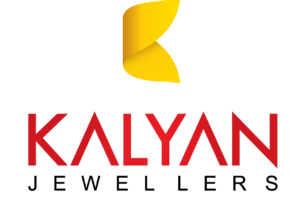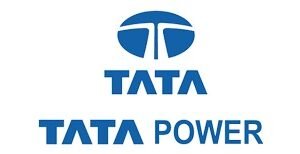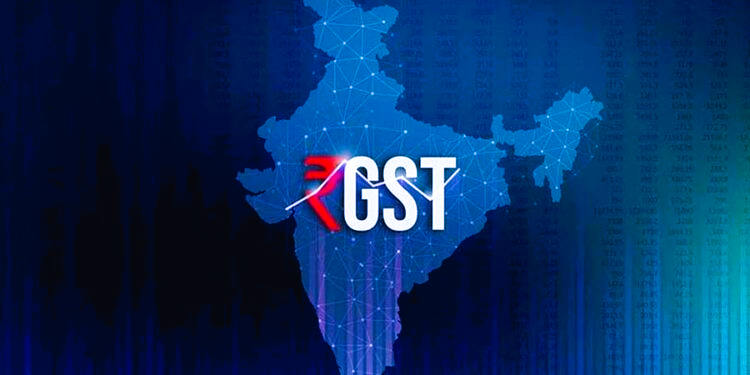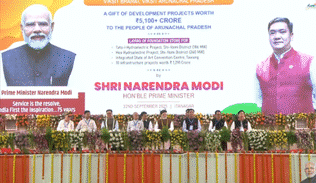India’s $245 billion IT industry is reeling after the United States imposed a staggering $100,000 fee on new H-1B visa applications.
The move has triggered widespread uncertainty among mid-level engineers, students, and tech firms, threatening to derail career aspirations and disrupt business models built around U.S. market access.
While existing H-1B holders remain unaffected, the fee applies to future applicants—casting a shadow over India’s tech hubs like Tamil Nadu and Karnataka.
For families like that of Coimbatore farmer Satheesh Kumar, whose son recently secured Optional Practical Training (OPT) in the U.S., the financial burden is daunting.
Industry leaders warn of a two-tier workforce: large firms may absorb the cost, but startups and consultancies could be priced out.
Some experts see opportunity in the disruption, predicting a boost in offshore delivery and reverse migration that could strengthen India’s domestic innovation ecosystem.
Meanwhile, U.S. companies may face a talent crunch, given their reliance on Indian engineers.
Students and young professionals are among the hardest hit, with many reconsidering their plans for global exposure and education.
As the dust settles, the fee hike may redefine the global tech landscape—reshaping not just where talent goes, but where it chooses to stay.


























